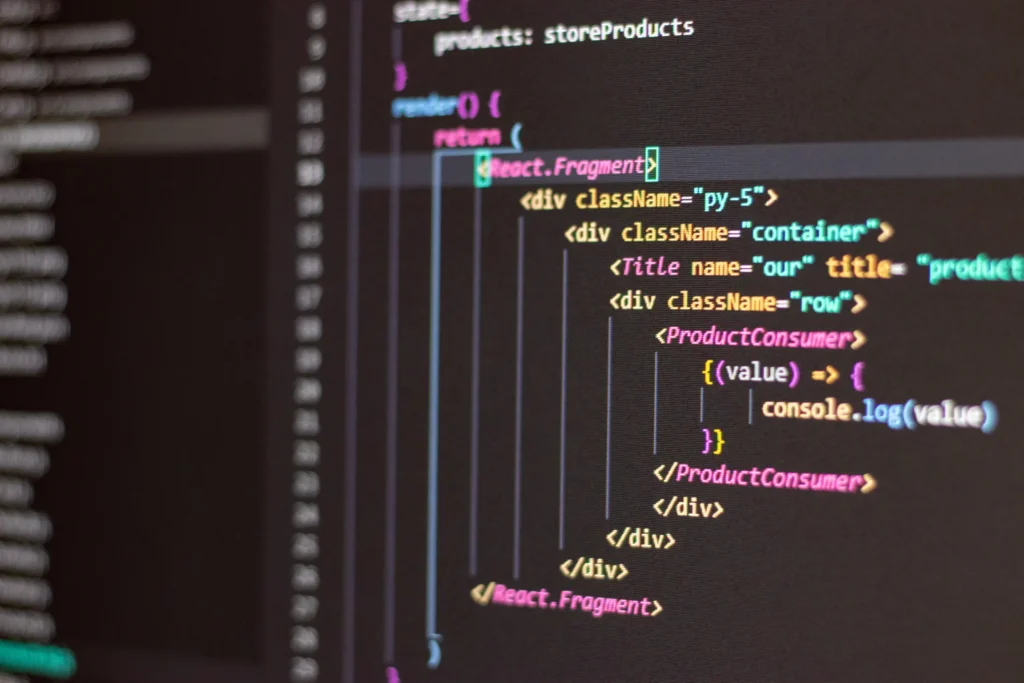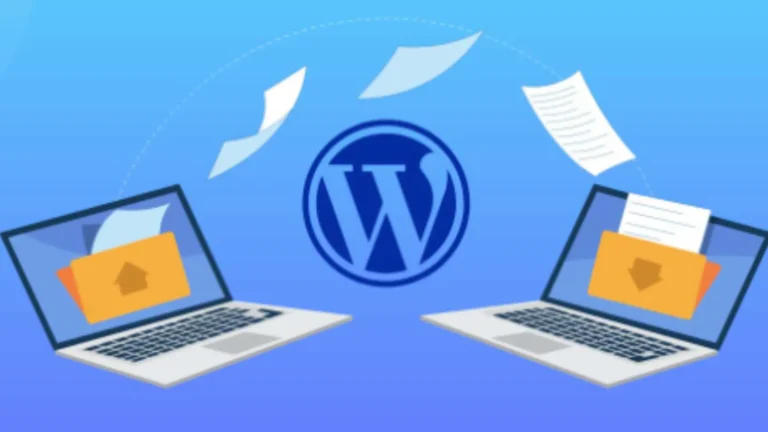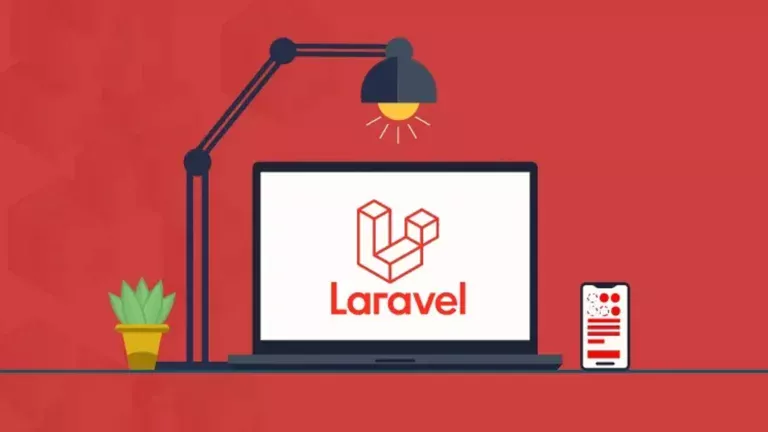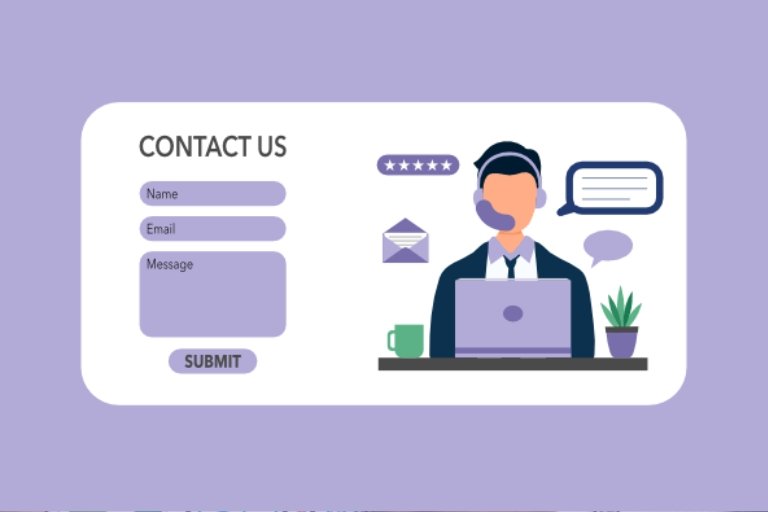Learn Python
Python is an essential programming language to be familiar with since it is extensively used in a variety of areas such as data research, web development, software engineering, game development, and automated systems. But what is the most effective method of learn Python in 45 days? Trying to find that out may be a tough and unpleasant process.
The vast majority of tutorials presume that you must first master the whole syntax of Python before you can begin doing anything useful with it. This is what leads to months being spent just on grammar, when what you actually want to be doing is analyzing data, constructing a website, or developing an autonomous drone, among other things.
All of the time spent on syntax rather than on what you really want to be doing causes your enthusiasm to drain away, and eventually leads to you giving up on the project altogether.
However, you do not need to spend months perched on the edge of the cliff.

Step 1: Determine what it is that makes you want to learn Python.
You should consider why you want to learn Python in 45 days before you begin your online Python training. Why do you want to learn Python in 45 days? This is due to the fact that it will be a lengthy and at times difficult road ahead. You will almost certainly fail if you do not have sufficient motivation.
Finding out what drives you can assist you in determining an end goal as well as a route that will bring you there without becoming bored. You do not need to come up with a specific project in advance of learning Python; instead, you should choose a broad area of interest that you are interested in. Choose a topic that you are interested in, such as:
● Data science and machine learning
● Apps for mobile devices
● Websites, games, and data processing and analysis.
● Hardware, sensors, and robots
Decide on one or two topics that you are interested in and are prepared to devote time and effort to. You’ll be focusing your learning efforts on them, and you’ll ultimately be constructing projects in their respective fields.
Step 2: Become acquainted with the fundamental syntax
Unfortunately, there is no way to bypass this step. Before you can delve further into your chosen field of Python, you must first master the fundamentals of Python syntax. No amount of emphasis can be placed on the fact that you should spend the very minimum of time possible on fundamental syntax. The more quickly you can get started on tasks, the more quickly you will be able to learn Python. In the event that you get stuck later, you can always go back to the syntax. Ideally, you should spend no more than a couple of weeks on this phase, and no more than a month at the very most.
Step 3- Create Projects with a Structured Approach
You may begin creating projects on your own after gaining a basic understanding of the language’s grammar to learn python in 45 days. Projects are an excellent method to learn since they allow you to put your information into practice. It will be difficult to remember your information until you put it into practice. Projects will test your talents, assist you in learning new skills, and assist you in developing a portfolio to present to prospective employers.
However, extremely freeform projects will be difficult at this stage since you will get stuck often and will need to resort to documentation. As a result, it is generally preferable to create more organized tasks until you feel confident enough to create projects entirely on your own. Many learning tools include organized tasks, and these projects allow you to create fascinating things in the areas that interest you while also keeping you from being trapped in your study.
Once you’ve completed a few organized tasks in your own field, you should be ready to transition into working on your own projects without difficulty. However, it is essential that you spend some time understanding how to solve issues before proceeding.
4. Work independently on Python projects
It’s time to move on to more independent projects after you’ve finished a few organized tasks to continue to learn python course in 45 days further. Still consulting resources and learning ideas, but you’ll be focusing your efforts on the tasks that interest you the most. Before you begin working on your own projects, you should be confident in your ability to troubleshoot and debug any mistakes or issues that arise with your programs. Here are some pointers on how to discover interesting topics to work on:
● Extend the scope of the projects you were working on before and include new features.
● Take a look at your collection of Python projects for complete novices.
● Attend Python meetings in your region to meet individuals who are working on interesting projects and learn Python more.
● Look for open-source packages to which you may contribute.
● Check to see if any local organizations are seeking for volunteers to help with their development projects.
● Look at projects that other people have created and see if you can improve on or modify them. These may be found on Github, which is a useful resource.
● Look through the postings of other people’s blogs to discover intriguing project ideas.
● Develop ideas for things that would make your everyday life simpler, and then construct them.
● Always remember to start with a modest amount of money. It is often beneficial, to begin with, things that are very basic in order to build confidence. It is preferable to begin a little project that you will complete than to begin a large one that will never be completed.
Step 5: Continue to work on more difficult tasks.
Increase the complexity and breadth of your tasks on a consistent basis. The fact that you’re totally satisfied with what you’re doing indicates that it’s time to branch out and attempt something more challenging.
Here are a few suggestions for when that moment arrives:
● Try instructing a beginner on how to construct a project that you have created.
● Is it possible to scale up your tool? Is it capable of working with more data or handling more traffic than it currently does?
● Are you able to make your software operate more quickly?
● Can you make your tool more helpful to a larger number of people?
● What methods would you use to market what you’ve created?
Ultimately, Python is a living, breathing language that is always developing. There are only a handful of individuals who can credibly claim to fully comprehend the language, and they are the ones who invented it.
You’ll have to be continuously studying and working on projects if you want to succeed. In the event that you accomplish this well, you will find yourself looking back at your code from six months ago and thinking about how awful it is. If you have reached this stage, you have taken the correct path. Working exclusively on projects that you are passionate about ensures that you will never get burnt out or bored.
Frequently Asked Python Questions:
- Is learning Python in 45 days a difficult task?
Python crash course is difficult to learn, and you will almost definitely encounter unpleasant moments along the way. One of the most difficult difficulties is maintaining one’s enthusiasm for continuing one’s education.
Although it may be difficult to push through unpleasant times if you follow the step-by-step method described here, you should find it rather simple to persevere since you’ll be working on projects that you really care about.
- Is it possible to learn Python crash course for free?
In fact, there are many free learn Python materials available, including hundreds of free Python tutorials. The disadvantage of studying for free is that, in order to learn what you want, you’ll most likely have to piece together a number of different free materials from various sources. Investing more effort in determining what you need to learn next and then locating free resources that teach it will pay off. Platforms that charge a fee may provide superior teaching techniques (such as the interactive, in-browser coding that Dataquest provides), and they may also save you the time and effort of having to locate and create your own curriculum from scratch.
- Can you learn Python from the ground up (without any previous coding experience)?
Python is an excellent programming language for beginners to learn since it does not need any previous programming expertise to get started with it.
- How long does it take to become proficient in Python?
Studying a programming language is similar to learning a spoken language in that you are never really finished since programming languages are always evolving and there is always more to learn! However, you may rapidly get to the point where you are able to create basic but useful learn Python programs.
The time it takes to become work-ready is determined by your objectives, the kind of employment you want, and the amount of time you have available to devote to studying.
- What methods can I use to learn Python more quickly?
Unfortunately, there aren’t any genuine “hidden shortcuts” to be found. The most effective thing you can do is locate a platform that learn Python (or create a curriculum for yourself) that is precisely tailored to the skill you want to acquire (for example, Python for game dev, or Python for data science).
If you do this, you should be able to avoid spending time studying topics that you won’t really need for your day-to-day Python job. But make no mistake- learning Python will take some time, no matter what you intend to do with it.
- Is it necessary to get a Python certification in order to obtain work?
Certifications vary from company to company and industry to industry, however in the field of data science, they aren’t very important. Employers are concerned with your abilities – being able to show them a GitHub repository with excellent Python code is much more essential than being able to show them a certificate of completion.




